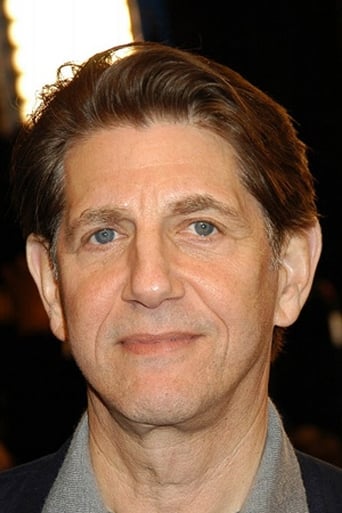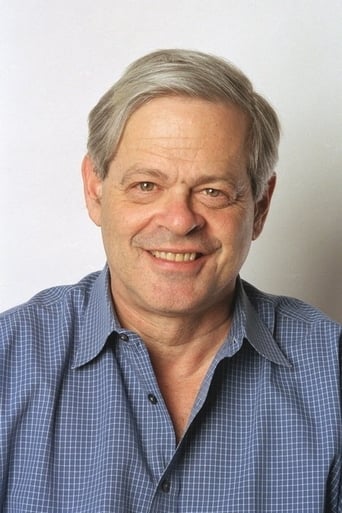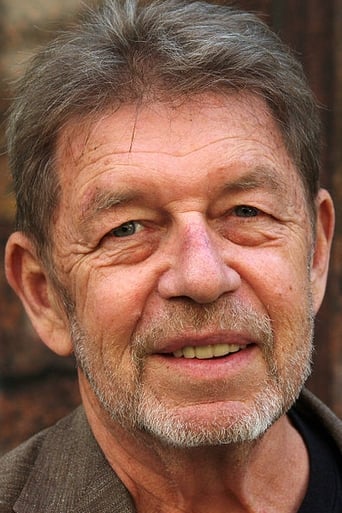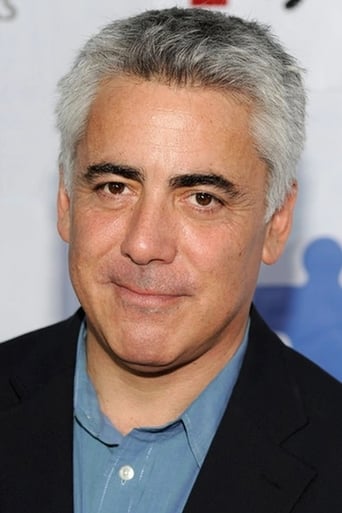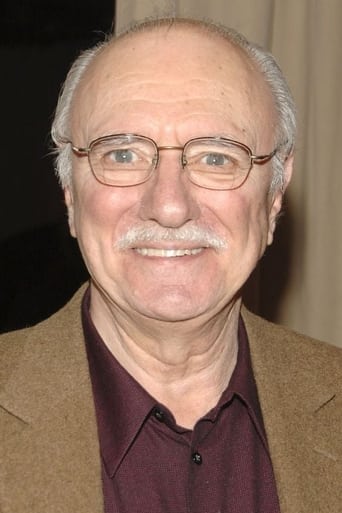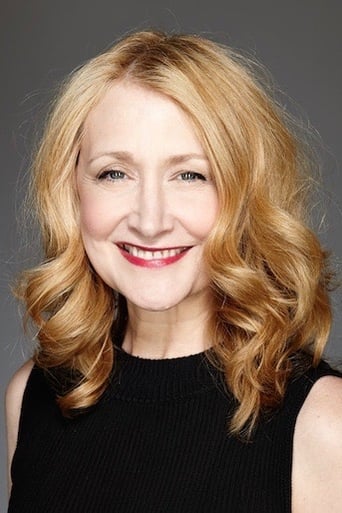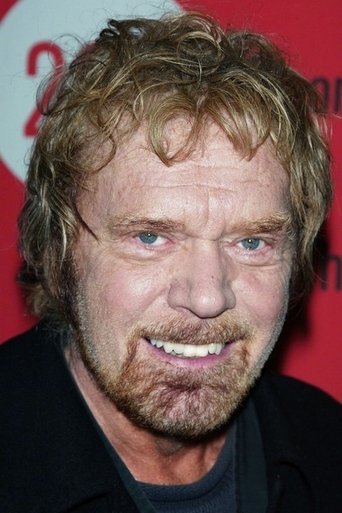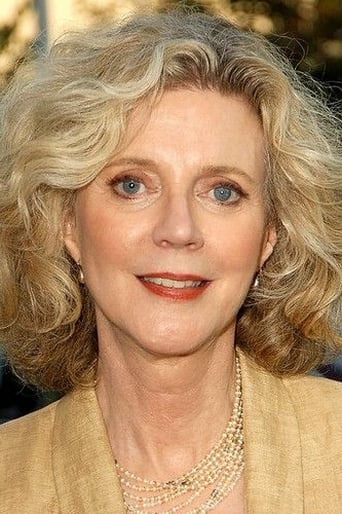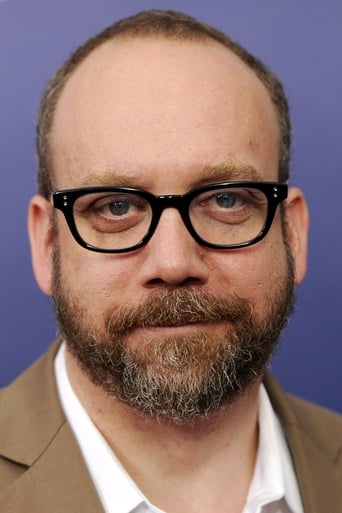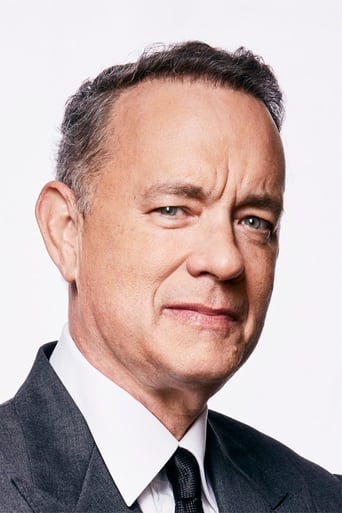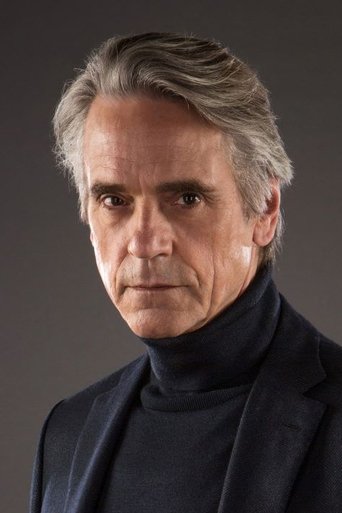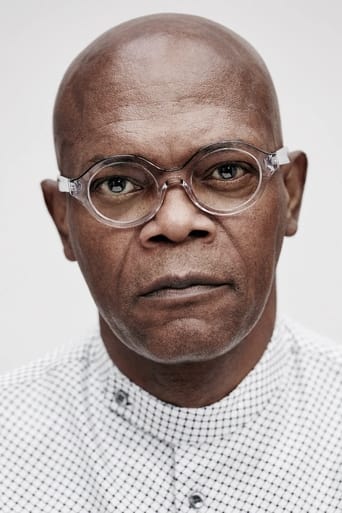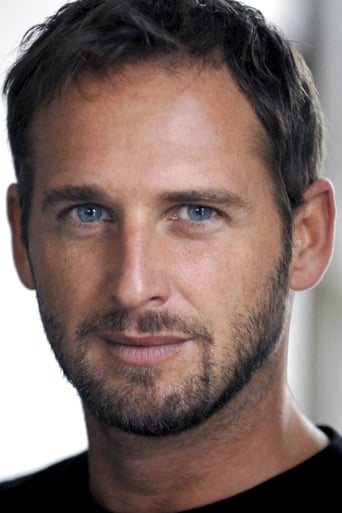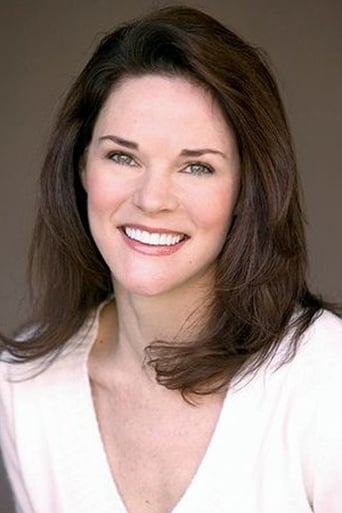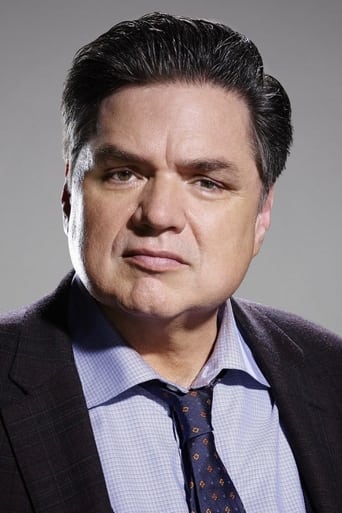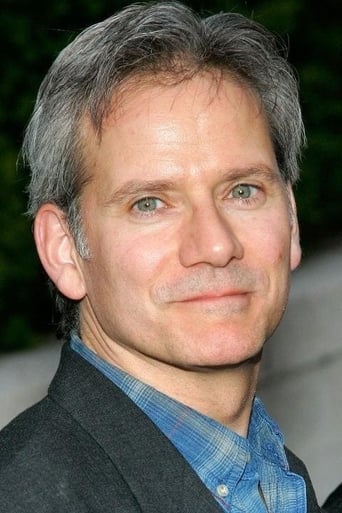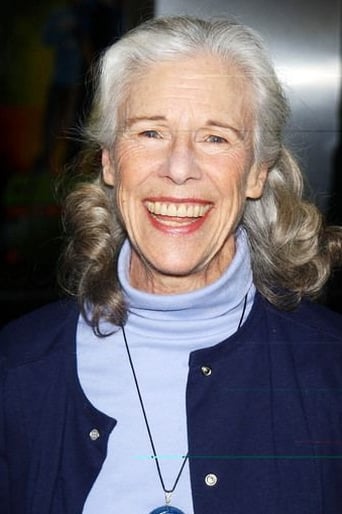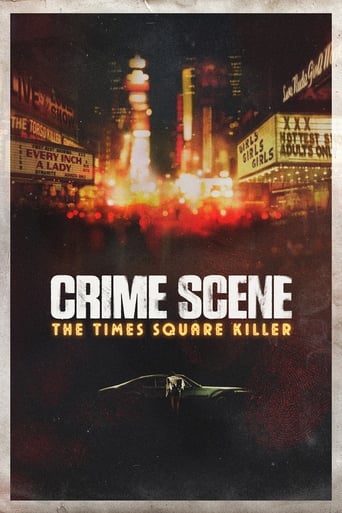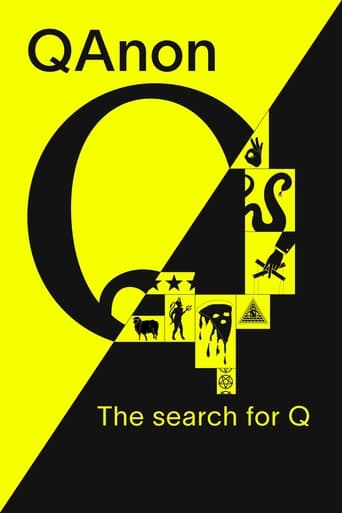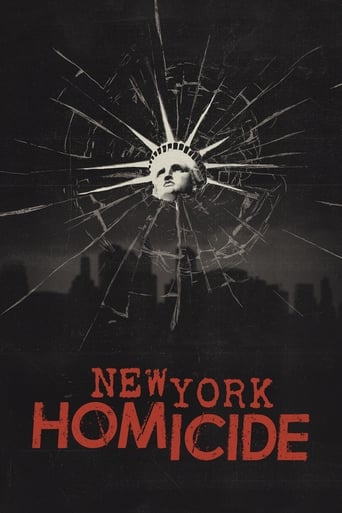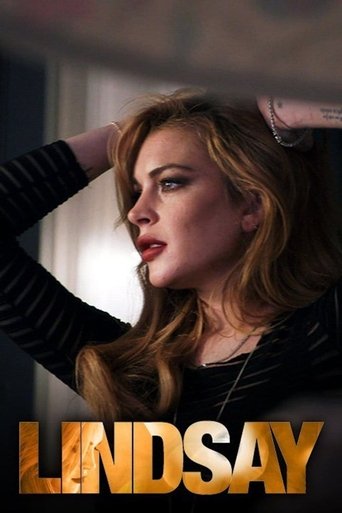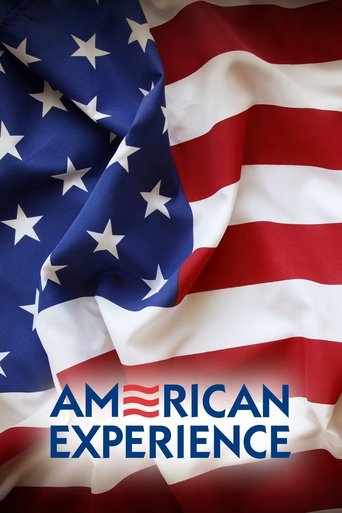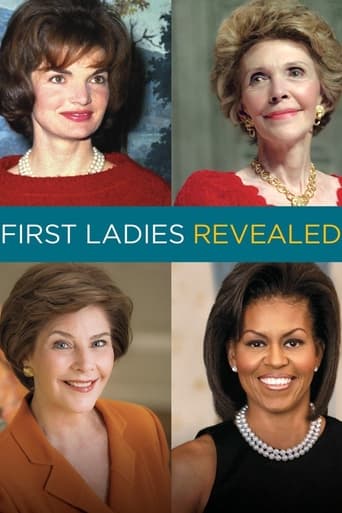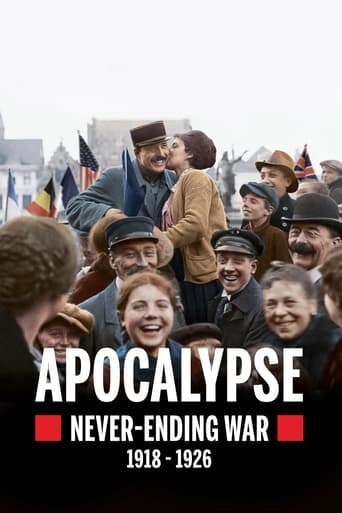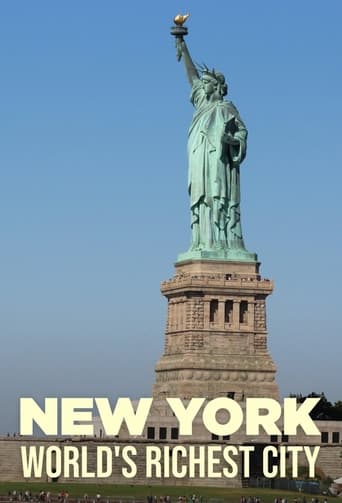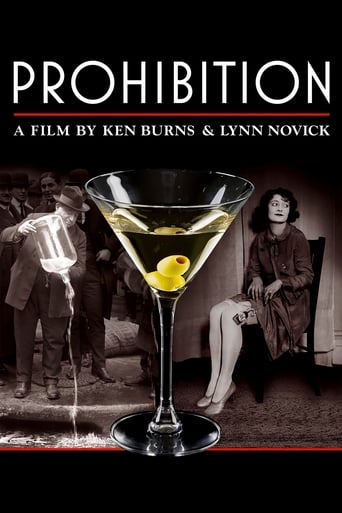
Rating:
7.9/10 by 46 users
Prohibition (2011)
The history of the rise, rule and fall of the Eighteenth Amendment to the United States Constitution and the entire era it encompassed (1920-33). After nearly a century of activism, Prohibition was intended to improve the lives of all citizens by protecting individuals, families and society at large from the devastating effects of alcohol abuse; but paradoxically it made millions of people rethink their definition of morality.
Writing:
- Ken Burns
- Lynn Novick
Release Date:
Sun, Oct 02, 2011
Country: US
Language: En
Runtime: 110
Country: US
Language: En
Runtime: 110
Peter Coyote
Self - Narrator (voice)
Daniel Okrent
Self - Author
Pete Hamill
Self - Historian
Noah Feldman
Self - Legal Scholar
Adam Arkin
Reader (voice)
Philip Bosco
Reader (voice)
Patricia Clarkson
Reader / Carrie Nation (voice)
Kevin Conway
Reader (voice)
Blythe Danner
Reader (voice)
Paul Giamatti
Reader / George Remus (voice)
Tom Hanks
Reader / Roy Olmstead (voice)
Jeremy Irons
Reader (voice)
Samuel L. Jackson
Reader (voice)
John Lithgow
Reader / H.L. Mencken (voice)
Josh Lucas
Reader (voice)
Amy Madigan
Reader (voice)
Carolyn McCormick
Reader (voice)
Oliver Platt
Reader / Al Capone (voice)
Campbell Scott
Reader / F. Scott Fitzgerald (voice)
Frances Sternhagen
Reader (voice)
Joanne Tucker
Reader (voice)
Sam Waterston
Reader (voice)
Season 1:
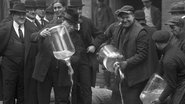
The start of the temperance movement in the 19th century under the stewardship of such leaders as Elizabeth Cady Stanton, Frances Willard and Carry Nation; and the Anti-Saloon League, which pushed for a constitutional amendment that would ban the sale and manufacture of alcohol.
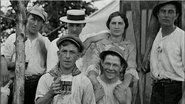
The problems that the Volstead Act and Prohibition caused, including a possible increase in alcoholism due to women frequenting the illicit speakeasies that replaced male-only saloons; adulterated liquor that poisons some drinkers; and civil-rights violations by overzealous federal agents anxious to make arrests. Despite the public's growing opposition to the ban, few politicians dare to speak against it due to the political might of the Anti-Saloon League.
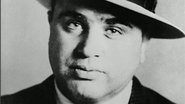
The factors that led to the end of Prohibition. The criminalizing of alcohol feeds large profits into the coffers of criminal organizations and turns such gangsters as Al Capone into celebrities. Wealthy Pauline Sabin encourages the repeal of the 18th Amendment; and brings together women from all classes who support her position. The 21st Amendment, which repeals the 18th, is adopted after Franklin D. Roosevelt's 1932 election and by late 1933 people can again legally buy drinks.

